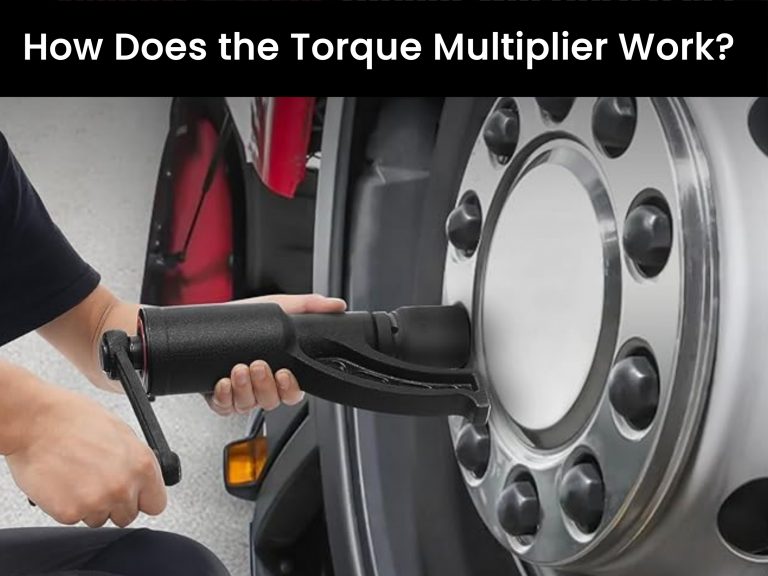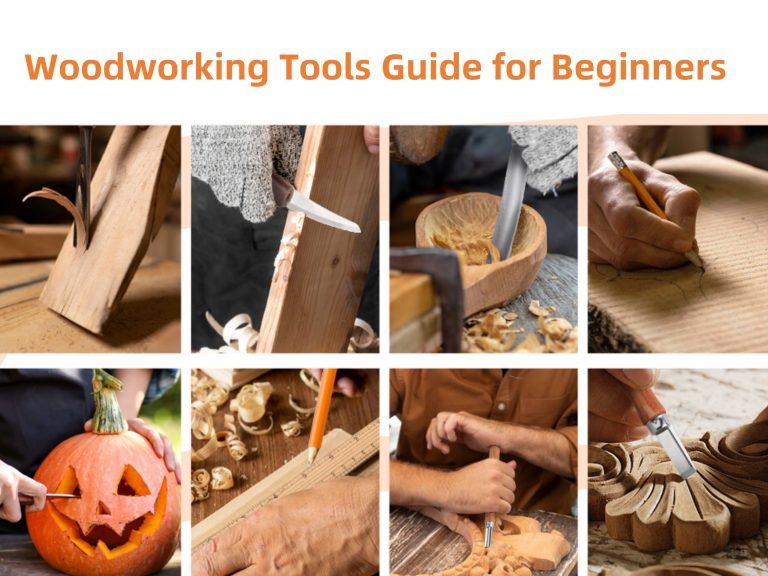Precision is the foundation of contemporary industrial operations, and even little deviations can have serious consequences. Torque wrenches, which are essential instruments in many sectors, exemplify the necessity for precision. Inaccurate torque application can result in product flaws, equipment failures, safety concerns, and poor quality. As a result, torque wrench calibration is critical for maintaining maximum performance, dependability, and safety across a wide range of applications. In this article, supplied by Industrial Scale Co. Inc., we will discuss the necessity of torque wrench calibration, its ramifications, and critical advice for maintaining and reaching peak performance.
The Key to Calibration of Torque Wrench
With the assistance of torque wrenches, and specialized instruments, fasteners may be precisely torqued to the manufacturer’s required levels. These are commonly used tools in a variety of sectors, including manufacturing, construction, aerospace, and automotive. A torque wrench’s dependability is dependent on its calibration, though.
Calibration of a torque wrench is the process of confirming and modifying the torque output of the device. To make sure that the applied torque perfectly matches the target value, regular calibration is essential. A little misalignment in the calibrating process might result in uneven, overtightened, or under tightened fastening, which can compromise the structural integrity of the product, component, or assembly being put together.
Consequences of Improper Torque Wrench Calibration
Product Quality and Reliability: The precision of torque application has a direct bearing on product quality in sectors like aerospace and automotive where safety and dependability are critical. Inadequate tightening of fasteners may cause leaks, structural flaws, or other problems that may result in expensive recalls and harm to one’s image.
Equipment Failure: The smooth operation of machinery is essential to many industrial operations. Due to loosening nuts or other components, inaccurate torque application can result in machinery failures or inefficient operations.
Safety Risks: Inadequate torque can provide serious safety risks in industries such as construction. Weak connections may result in equipment coming free, structures falling, or even potentially fatal incidents.
Maintenance Costs: Unplanned repairs and maintenance brought on by improper torque application can significantly raise operating expenses. Frequent calibration guarantees that equipment is in ideal condition, which helps avoid such costs.
Compliance and Regulations: Industries frequently have very strict guidelines and standards when it comes to applying torque. Legal ramifications and certification loss are possible outcomes of noncompliance.
The Value of Regular Calibration
Precision and Consistency: Frequent calibration guarantees that torque wrenches provide accurate and repeatable torque values and that they operate as intended on a consistent basis. Maintaining regularity in manufacturing operations and quality control depends on this consistency.
Extended Lifespan: Because calibrated tools function within the parameters intended, they endure less wear and tear. By doing this, torque wrenches last longer and require fewer replacements more frequently.
Legal and Regulatory Compliance: Appropriate torque application is required by stringent laws that apply to several businesses. Businesses may comply with these laws and stay out of legal hot water by calibrating regularly.
Cost-Efficiency: Calibrated torque wrenches help to ensure cost-effective operations by reducing flaws, equipment failures, and accidents. Significant long-term savings are obtained from the initial calibration investment.
Advice for Preserving the Best Torque Wrench Performance
Regular Calibration Schedule: Create a routine calibration schedule that takes into account the environmental factors, usage frequency, and manufacturer recommendations. For accuracy to be maintained, high-use torque wrenches may need more regular calibrations.
Pick a Reputable Calibration Provider: When choosing a calibration service provider, go with respectable businesses that follow industry guidelines and have the appropriate certification.
Torque wrenches should be handled carefully: and stored in an appropriate location. Steer clear of dropping them and keep them out of the extremes of temperature since they might interfere with the calibration.
Avoid Overloading: Don’t use torque wrenches more than they are designed to handle. Inaccurate readings and tool damage might result from overloading the device.
Frequent Maintenance Checks: Look for wear, damage, or malfunctioning torque wrenches on a regular basis. Deal with any problems as soon as possible to avoid calibration from being impacted.
User Education: Ascertain that those using torque wrenches have received instruction on how to use them correctly and recognize the significance of calibration. Users with knowledge contribute to precise torque application.
In summary
When accuracy and dependability are critical in a variety of sectors, torque wrenches are an essential instrument. The foundation of their maximum performance is proper calibration, which also protects worker safety, equipment dependability, and product quality. Applying torque incorrectly can have serious repercussions, including reduced quality, safety risks, and higher expenses. Industries may maintain the greatest levels of accuracy, consistency, and performance by choosing reputable calibration suppliers, sticking to a regular calibration schedule, and maintaining torque wrenches according to best practices. The torque wrench calibration expertise of Industrial Scale Co. Inc. is an invaluable resource that guarantees the dependability of these essential instruments in a variety of industrial environments.



